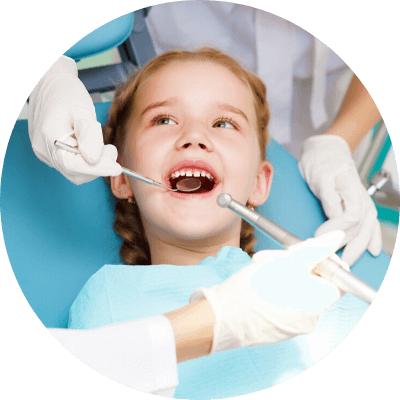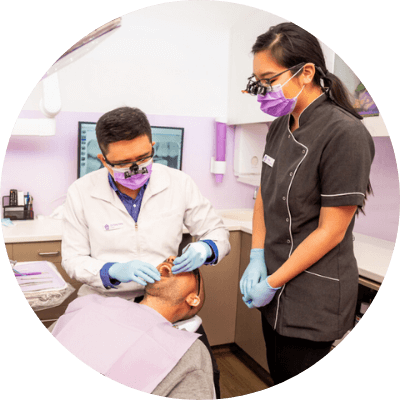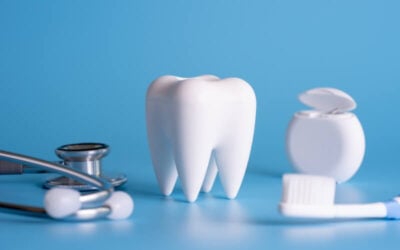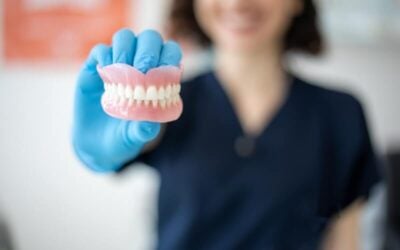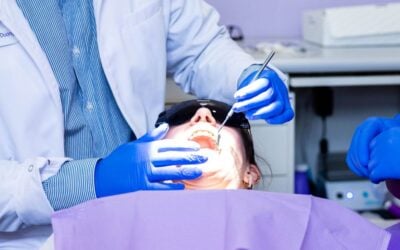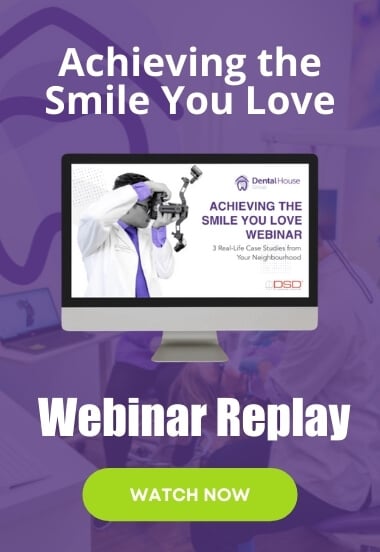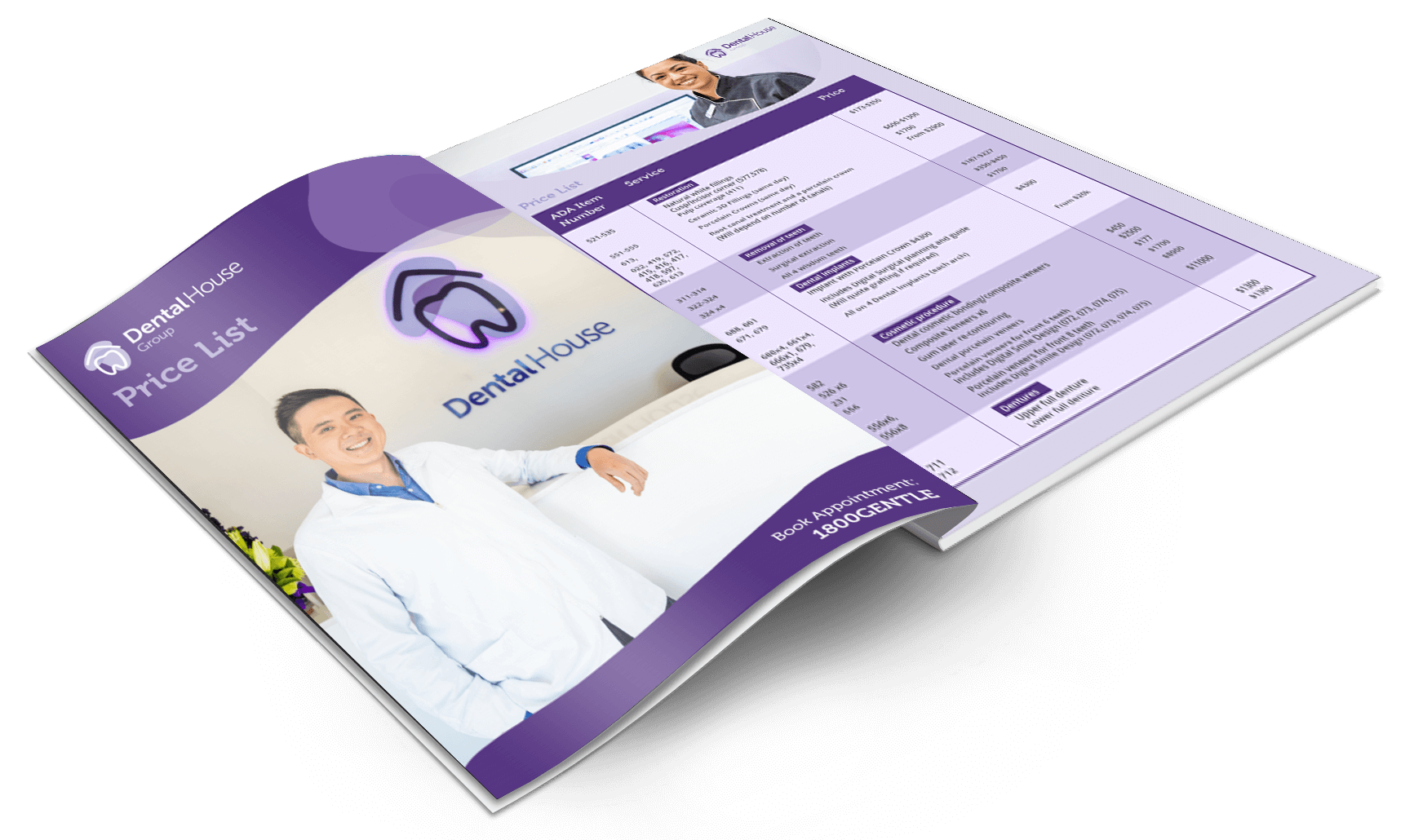Friendly & Gentle Dentistry: How Important Is It?
Friendly & Gentle Dentistry: How Important Is It?
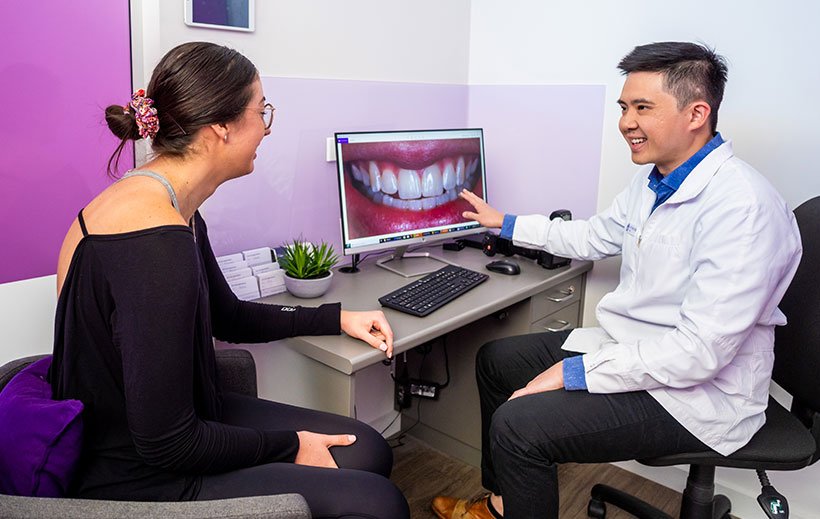
The dentist is up there with the Bogey Man for some folks. He or she is the real life torturer in the minds of many, especially older Australians with long memories. Fear of the dentist is on par with the fear of flying and dying for some within our community. Dental anxiety is very real for not only children but plenty of adults too. Friendly & gentle dentistry: How important is it? Well, very important in this writer’s view because it can deter individuals from seeking the timely dental care they need. That prevarication can cause serious infection and damage to the health of those fearful individuals. A study by the Australian Research Centre for Population Oral Health, Dental School, Faculty of Health Sciences at the University of Adelaide found 16.1% of respondents from 7, 312 telephone interviews declared high dental fear. Older Australians in the 40-64 YO demographic reported the strongest prevalence of this anxiety. More females than males were fearful of going to the dentist. Although this study is from 2005 it still indicates substantial anxiety within the community regarding a trip to the dentist.
What Are Some of the Fears?
High dental fear can be caused by a previously traumatic experience at the dentist. It can also be associated with other previous traumas not associated directly with dentists. Post-traumatic stress disorder can cause problems for patients in the dental chair. General lack of trust issues and the mouth being a no go area can spark anxiety around a trip to the dentist. Depression and other mental health issues can be problematic for dentists and their clients. A fear of loss of control can be provoked by the dentist experience for some. We all feel vulnerable and exposed lying prostrate on that dental couch with someone’s hands reaching into our mouth. It takes fortitude and gumption to resist the urge to push those prying hands away and flee the surgery. The dental operation is not hard to associate with trauma for many of us. The high pitched whine of the electric drill going off within the cavity of one our most intimate body parts is invasive. We may be deadened to the direct physical pain by local anaesthetic but the very idea of it is deeply disturbing to many. The dental experience is something we put up with for the overall betterment of our health. There is no denying that dentists do good and necessary work for our benefit. Friendly & gentle dentistry: How important is it? Very. In these vulnerable times it has never been more important.
What Can Be Done About High Dental Fears?
Dentists and dental clinics have made ground in taking remedial action to alleviate anxieties and fears about visiting the dentist. The modern dental clinic may offer specific medications designed to reduce anxiety and stress. The old happy gas, nitrous oxide, can assist some people in dealing with their dental fears. Anxiolytic medications like temazepam can be helpful in these situations via the guidance of a medical profession. More serious levels of sedation can be available at selected clinics for more serious surgeries. Meditation and deep breathing techniques are offered by some dental clinicians trained in these processes. Hypnosis is available at some selected dental surgeries offering this. Relaxation via guided imagery, ambient music, and screens are popular in many dental practices in Australian cities now. There is no denying that many dentists are taking action to alleviate fears and anxieties caused by the kind of work they have to do. If you are someone who has high levels of fear around going to the dentist, then, be proactive and do some research into dental clinics that service your requirements in this regard. Don’t be put off by your fears, as there are plenty of dental practices doing their utmost to help you feel less anxious. Remember too that your dentist wants you to feel as relaxed and at ease as possible so that surgeries are smooth and achieve the best results for your overall dental health.

According to figures provided by the Australian Government’s Institute of Health and Welfare younger people were more likely to visit a dentist for a check up than adults. 4 in 5 under 25s reported a visit to the dentist for a check-up, whereas half of all adult visits were due to a problem like tooth ache. Parents send their kids for check-ups, but adults obviously neglect their own good sense regarding affirmative action and rather wait for a serious problem to emerge. Wealthier Australians, with an income over $140K, 74% reported a visit for a check-up. Poorer Aussies in the less than $30K income zone only 48% reported a visit for a check-up to the dentist. Friendly and gentle dentists could assist their poorer clients with some assistance in this regard. I think it is time that dental care had some help from Medicare, especially for poorer Australians. We have the best quality dental care in this country, but we have to pay for it, without any assistance from the government. The cost of going to the dentist puts people off from taking better care of their teeth via visits to the dentist. It is an anomaly that teeth are not considered to be part of an Australian’s health insurance under the Medicare scheme.
Australian Dentists
The Dental Board of Australia registers every dentist, dental specialist, dental therapist, dental hygienist, oral health therapist, dental prosthetist, and dental student in the country. This body handles all complaints, investigations, standards, codes, and guidelines. According to 2020 figures there are some 24, 984 general and specialist dentists operating nationally. The majority of practicing dentists are in the 25 to 55 YO demographic. The gender split favours female dentists with 13, 349 vs 11, 635 male dentists practicing. The median annual salary in Australia for a dentist is $159, 999 according to the latest figures provided by Seek in 2021. Dentists therefore can afford to be friendly and gentle with their clients. Dentists must have completed a Bachelor of Dental Surgery or Dental Science, or a Doctorate of Dental Medicine.
Note: All content and media on the Bacchus Marsh Dental House website and social media channels are created and published online for informational purposes only. It is not intended to be a substitute for professional medical advice and should not be relied on as health or personal advice.
Services we mentioned:
Related Articles
The ADA Pushes For Better Oral Care
Dr Stephen Liew, the Australian Dental Association (ADA) president is coming out firing in the push for better oral care for Australians…
In 2024: What Your Dentist Would Really Like You To Do Differently
Happy New Year Everyone! May you make 2024 your happiest dental year ever. Here’s what your dentist would like you to do differently…
Foods And Supplements That Help Slow or Prevent Gum Disease
Are there really foods and supplements that help slow or prevent gum disease? Dentists will point toward those foods to be avoided…
Separating Oral Health From The Rest Of The Body
Our mouths and oral cavities are inordinately sensitive. They are so for a number of reasons. Our lips are extremely sensitive. We are born and immediately know how to suck, as most mammals do. Life giving nutrition comes from the breast through the nipple and into...



